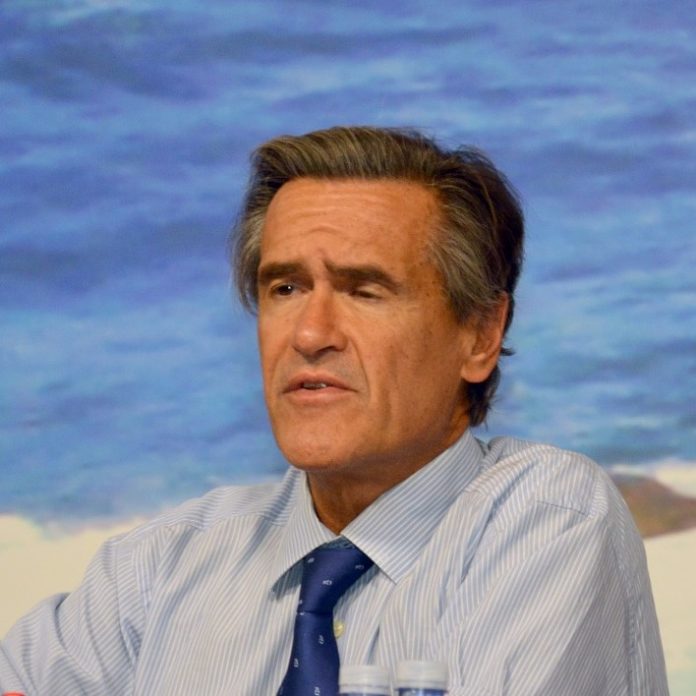The EU will simplify procedures for requesting and issuing short-stay visas and will use its visa policy to encourage non-EU countries to cooperate on migration.
Parliament approved on Wednesday the new EU Visa Code, already informally agreed with the Council of Ministers. The law establishes the procedures and conditions for issuing visas to nationals of more than one hundred non-EU countries travelling to the EU for short periods (up to 90 days in any 180-day period).
Procedures for bona fide travellers will be simpler, and there will be a direct link between visa and migration policy.
Visa applications will have to be submitted between six months (instead of the current three months) and 15 days ahead of the intended trip, except for seafarers, who will be allowed to submit applications nine months in advance.
Among other changes:
the general visa fee will increase from 60 to 80 euros -with a possible reduction for people under 18 years old-, and children under six, students and researchers will continue to be exempt from paying the visa fee;
the new prerequisite to buy travel health insurance will be assessed by the European Commission 15 months after being introduced, taking into account the actual medical costs incurred by visa-holders;
EU member states will have to work with external service providers to manage visa requests in non-EU countries where they are neither present nor represented; and
frequent travellers might be eligible for multiple entry visas.
Currently, travellers from over 100 countries are required to have a visa in order to enter the EU. The number of visa applications has increased by 50% in the last few years, from 10.2 million in 2009 to 15.2 million in 2016.
Cooperation on readmission by non-EU countries
Some provisions, such as the visa fees, the time taken to issue decisions on applications, and the length of time for which multiple entry visas are valid, may be adapted depending on whether a given non-EU country cooperates “sufficiently”, or alternatively “insufficiently” on readmitting irregular migrants, following a full and objective assessment carried out by the European Commission every year.
“After years of negotiating, we managed to reach an ambitious deal to update and simplify EU visa procedures. Our aim is to make legitimate travel for tourism, business and trade easier, whilst reinforcing internal security and establishing mechanisms to prevent abuses. We also managed to introduce positive incentives for countries cooperating in returns, and not only sanctions for those not cooperating,” said Juan Fernando López Aguilar (S&D, ES).
The law was approved with 428 votes to 123 and 56 abstentions and now needs to be formally adopted by the Council of Ministers. The changes will be applicable six months after publication in the Official Journal of the EU.

